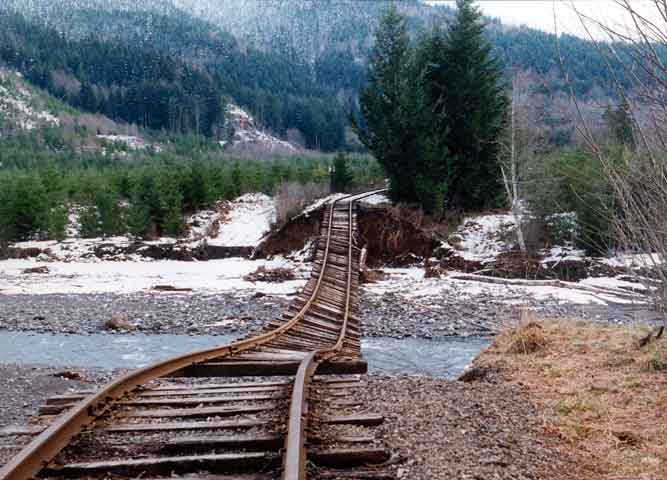December’s election result was both good and bad news for HS2. Boris Johnson is facing a dilemma over the project, and his difficulties have been exacerbated by the fact that his victory was based on a surge in support for the Tories in the Labour heartlands of the Midlands and north.
One of the first things Johnson did on taking office in July last year was to commission a review into the future of HS2, carried out by its former chairman Doug Oakervee. That was a way of kicking the issue into touch, ensuring no hard choices (which would have angered one side or the other) had to be made in the runup to the general election. It may have been a canny move at the time, but the election result has now made the issue even more complicated.
The justification for HS2 has always been weak. The project was initiated a decade ago as a sop to environmentalists who were arguing against a third runway at Heathrow, and its supporters have consequently always struggled to provide a clear rationale for spending such a huge sum of money. Initially it was about cutting journey times, but then they decided it was about increasing capacity – despite the fact that there is plenty of space on trains running between London and the cities HS2 is meant to serve. Subsequently, attempts to sell it as a project that narrows the north-south divide have foundered on evidence from academics like Prof John Tomaney, at University College London, that it will do precisely the opposite. The idea that a slightly faster rail line would solve the north’s structural weaknesses has always been a tenuous one – especially if nothing is done to improve existing services.
The environmental arguments do not hold up either. Not only will there be widespread desecration in a swath of pristine countryside but HS2 Ltd itself admits that building the line will not reduce carbon emissions. Worst of all, spending is completely out of control, with the estimated cost of £55bn at 2015 prices set – according to a leak of the Oakervee report on Sunday – to be around double that at today’s prices. Contrast that with Crossrail, which has seen its cost rise from £15.4bn to £18.3bn, a mere 20% increase on a project which, albeit delayed, is almost complete. With Crossrail, however, even such a relatively modest rise in costs has caused a political furore and demands for heads to roll in Transport for London.
The rapid rise in the cost of HS2 has wrecked its business case. While originally there was the expectation that the line would generate £2 or even more for every £1 spent, the ratio now hovers around £1.30 for every £1, well below the threshold set by the Treasury. A chancellor with more experience and nous than Sajid Javid would be shouting from the rooftops about the project’s profligacy.
Given all these arguments, many of them coming from the Tory backbenches, Johnson might have been tempted during his autumn honeymoon period to ditch the whole project in the expectation that the fuss would die down soon enough.
Not now. Alienating all his new voters so quickly would be too risky politically. The good news for the project’s supporters is, therefore, that Johnson cannot simply ditch HS2 and cover his tracks with some piffle about supporting our friends in the north in different ways. Moreover, the new northern Tory MPs are quickly becoming a bloc within the party that cannot be ignored.
Johnson’s difficulties are compounded by the fact that various compromises involving cutting costs but keeping the project going may well be counterproductive. Stopping the line at Birmingham would further weaken the business case, since it is only by going further north that its main proposed benefits are achieved. And at the London end, the big saving, estimated at £6bn, of stopping at Old Oak Common near Willesden rather than going into Euston would greatly reduce the number of passengers, who would have to take Crossrail to reach the line.
I suspect that the internal discussions within Downing Street over HS2 are about whether cancellation, partial or total, can be threaded into a narrative that sounds positive for the Tories’ northern supporters. That will require a convincing story about how the “northern powerhouse” can be turned into a reality rather than a soundbite. The suburban railway systems in Leeds, Manchester and Birmingham are a disgrace compared with those of London, and that contrast will be exacerbated by next year’s addition of the splendour of Crossrail.
The problem for Johnson is that improvements to those regional suburban rail systems will take time as well as money, and his best chance of winning some credit with those voters may well lie in rapid and extensive investment in buses. If that sounds rather unexciting, he should bear in mind that it may play better than promising a new railway that will not fully connect with the north until 2040.
